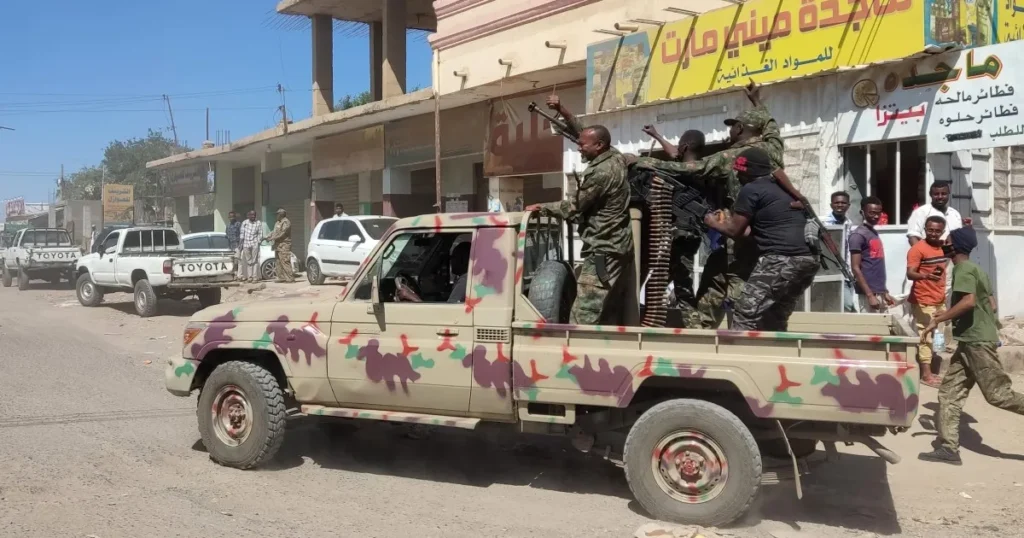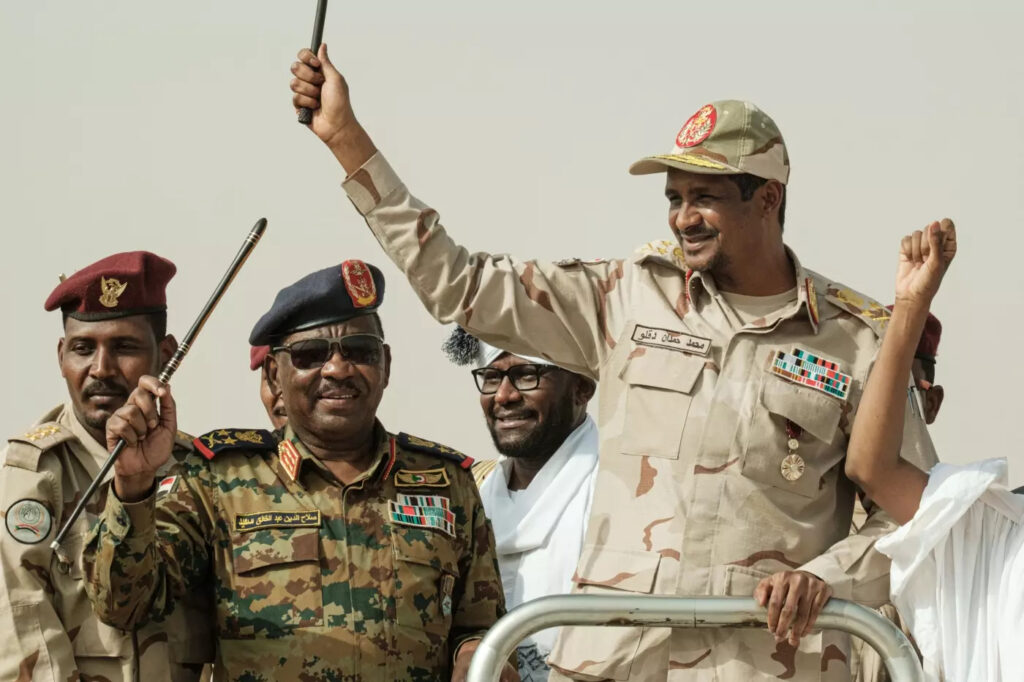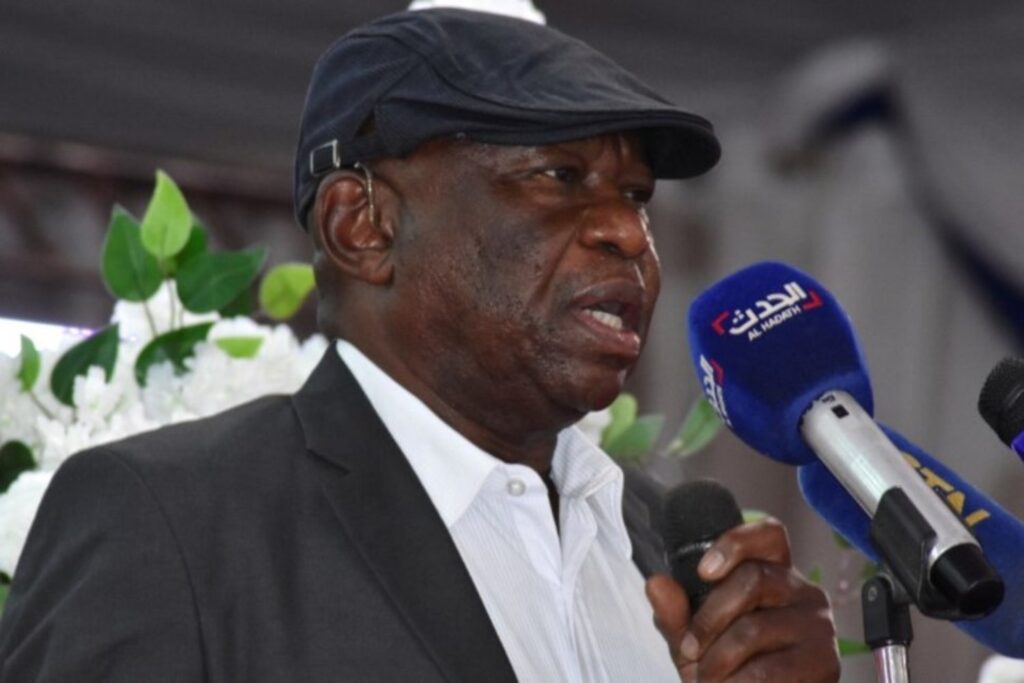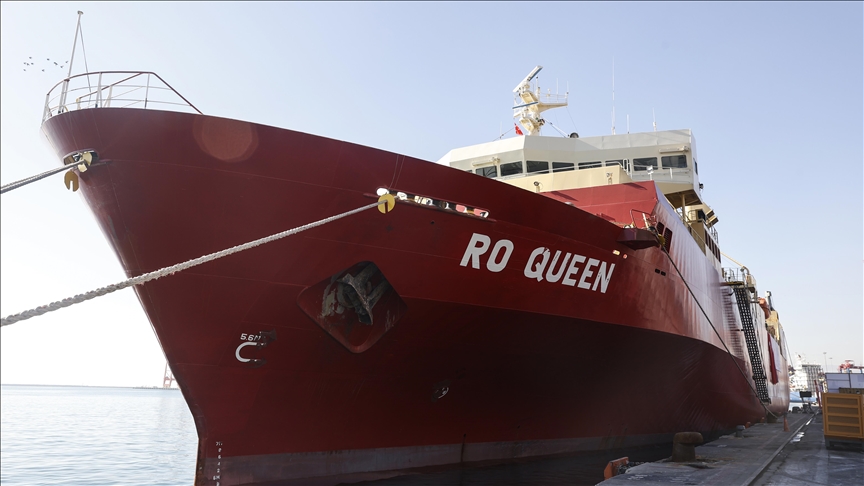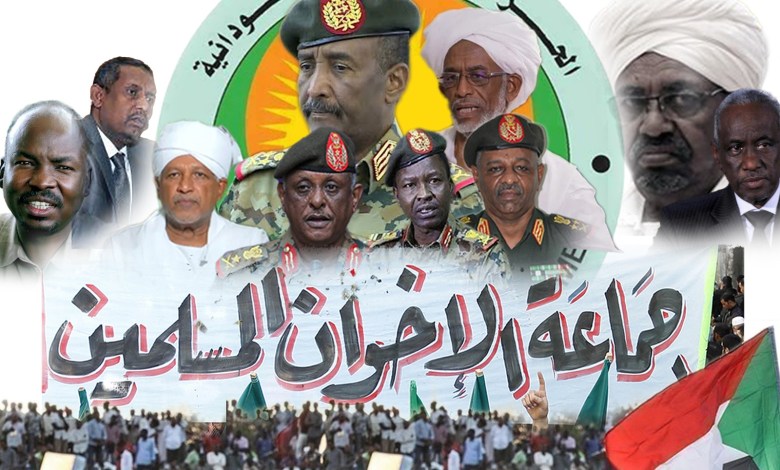
A confidential National Congress Party (NCP) document obtained by Reuters outlines how Islamist networks backed General al-Burhan’s army (SAF) after war erupted, dispatching between 2,000 and 3,000 fighters in the first year and training “hundreds of thousands” of civilians for combat, according to Islamist and military sources cited in the report.
Three SAF and allied faction officials said more than 70,000 of those trainees later joined frontline operations, helping plug manpower gaps. Military sources estimated about 5,000 combatants are directly tied to the NCP, many serving in “special operations” units credited with recent gains, particularly in Khartoum. Other Islamist-trained elements now operate in a reconstituted elite brigade under the General Intelligence Service, the sources added.
Army officials and Ahmed Haroun — the NCP chairman, ex-regime figure and ICC fugitive — denied that Islamists exert authority over the military. In his first media interview in years, Haroun questioned the authenticity of the document and reports of thousands of party-linked fighters in the field, though he acknowledged Islamists answered the commander-in-chief’s public mobilisation call, calling that “no secret.”
Several senior officers and loyalists of the former regime have publicly downplayed ties between the SAF and the Islamist movement, wary of a backlash against ousted dictator Omar al-Bashir’s allies. But seven Islamist members and six military/junta sources told Reuters the SAF’s recent advances have emboldened the movement to contemplate a political return.
Such a comeback could undercut the democratic uprising that began in late 2018 and strain relations with regional actors skeptical of Islamist influence. Reports also point to Islamists and allies taking posts in the technocratic cabinet of Prime Minister Kamal Idris, appointed by the SAF in May.
Islamist cadres have long maintained paramilitary training structures, including via the Popular Defense Forces under Bashir. During the current war, semi-autonomous Islamist units emerged — notably the al-Baraa bin Malik Battalion. Its 37-year-old commander, engineer Owais Ghanem, told Reuters he was wounded three times while helping break sieges on SAF bases in the capital earlier this year. He said his fighters receive light arms, artillery and drones “on army orders.” Rights monitors accuse the unit of extrajudicial killings in recently retaken Khartoum districts, allegations Ghanem denied.
Haroun said he expects the SAF to retain a central political role after the war and sees elections as a pathway for the NCP and its allied Islamist current to re-enter formal politics.
The conflict between General al-Burhan’s (SAF) and the Rapid Support Forces (RSF), now in its third year, has unleashed ethnic violence, famine and mass displacement, drawing in foreign actors. The UN calls Sudan the world’s largest humanitarian crisis, with infrastructure shattered and basic needs soaring. While the RSF still controls swathes of Darfur and the south.

